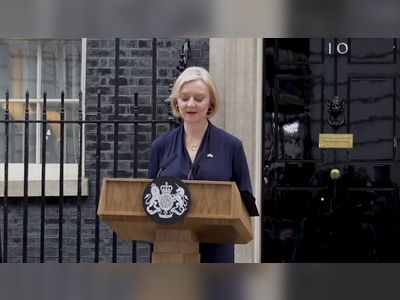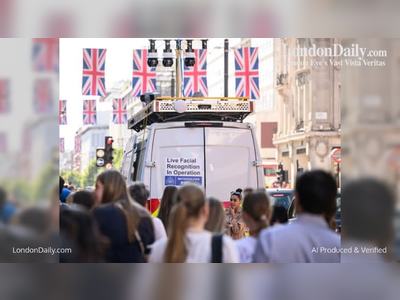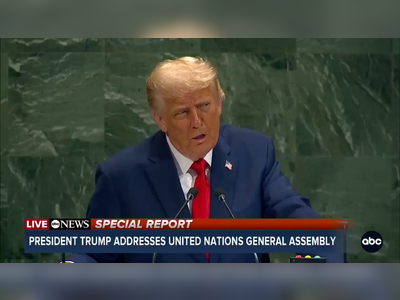UK Faces £20 Billion Productivity Shortfall as Brexit’s Impact Deepens
Weak productivity linked to post-Brexit shifts in the finance sector adds strain to public finances and budget-making
Britain is confronting a substantial productivity gap, underpinned by post-Brexit disruptions in the City of London’s financial sector, with potential fiscal consequences of around £20 billion by the end of the decade.
Senior figures in finance say the migration of banking jobs and assets to European hubs has left the UK economy under-performing relative to peers.
For example, former Morgan Stanley London chief Rob Rooney highlighted how over 440 firms transferred nearly £1 trillion of assets — roughly ten per cent of the UK banking system — to cities like Frankfurt, Madrid, Milan and Paris since the 2016 leave vote.
He and others attribute part of the country’s weakening output per hour directly to Brexit-driven fragmentation of supply chains, access to EU clients and regulatory divergence.
Meanwhile the independent spending watchdog, the Office for Budget Responsibility (OBR), has acknowledged that Britain’s long-term productivity growth could be revised down from previous assumptions.
Analysts expect a cut of around 0.3 percentage points in the trend growth rate, which would cost the public finances in the region of £20 billion to £21 billion by 2029–30, according to the Institute for Fiscal Studies (IFS).
The Treasury now faces difficult choices.
With this productivity shortfall undermining tax receipts and economic momentum, Chancellor Rachel Reeves is under pressure to restore growth or find alternative sources of revenue before the next Budget on 26 November.
Labour’s earlier pledge to avoid raising income tax is now under scrutiny as the fiscal rules come under strain.
Business and finance leaders say reversing the decline will involve renewed focus on de-regulation, deeper investment in technology and a stronger foothold in global financial markets.
The government has responded by placing financial services at the centre of its industrial strategy.
But the enduring challenge will be restoring Britain’s productivity trajectory while recalibrating the UK’s role in global trade and investment post-Brexit.
The City’s resilience and the broader economy’s revival now hinge on whether the UK can restore its growth engine amid structural change.
Senior figures in finance say the migration of banking jobs and assets to European hubs has left the UK economy under-performing relative to peers.
For example, former Morgan Stanley London chief Rob Rooney highlighted how over 440 firms transferred nearly £1 trillion of assets — roughly ten per cent of the UK banking system — to cities like Frankfurt, Madrid, Milan and Paris since the 2016 leave vote.
He and others attribute part of the country’s weakening output per hour directly to Brexit-driven fragmentation of supply chains, access to EU clients and regulatory divergence.
Meanwhile the independent spending watchdog, the Office for Budget Responsibility (OBR), has acknowledged that Britain’s long-term productivity growth could be revised down from previous assumptions.
Analysts expect a cut of around 0.3 percentage points in the trend growth rate, which would cost the public finances in the region of £20 billion to £21 billion by 2029–30, according to the Institute for Fiscal Studies (IFS).
The Treasury now faces difficult choices.
With this productivity shortfall undermining tax receipts and economic momentum, Chancellor Rachel Reeves is under pressure to restore growth or find alternative sources of revenue before the next Budget on 26 November.
Labour’s earlier pledge to avoid raising income tax is now under scrutiny as the fiscal rules come under strain.
Business and finance leaders say reversing the decline will involve renewed focus on de-regulation, deeper investment in technology and a stronger foothold in global financial markets.
The government has responded by placing financial services at the centre of its industrial strategy.
But the enduring challenge will be restoring Britain’s productivity trajectory while recalibrating the UK’s role in global trade and investment post-Brexit.
The City’s resilience and the broader economy’s revival now hinge on whether the UK can restore its growth engine amid structural change.









